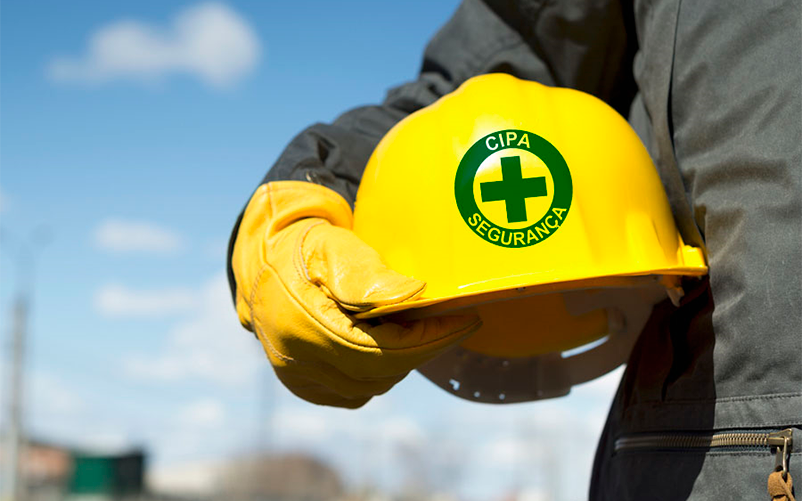According to data from the Occupational Accident Statistical Yearbook, 15.9 thousand people died in work-related accidents in Brazil between 2016 and 2022, a 25.4% increase in deaths during that period. These numbers are alarming and reinforce the need for preventive measures. Therefore, the CIPA (Internal Commission for Accident Prevention) is essential in all sectors, including civil construction.
What is the CIPA?
The Internal Commission for Accident Prevention (CIPA) is a group formed by representatives of workers and the company, elected or appointed, aimed at preventing accidents and occupational diseases. Its work is based on three essential pillars: prevention, awareness, and dialogue.
Its presence is mandatory in companies of all sizes, as long as they meet the minimum requirements set forth in Regulatory Standard No. 5 (NR-5) of the Ministry of Labor and Social Security. NR-18, on the other hand, is responsible for regulating the execution of specific construction activities. Other specific regulatory standards may apply depending on the type of work being performed, such as excavations in confined spaces or at great heights, for example.
CIPA's Functions
In general, CIPA conducts regular inspections in the workplace to identify and assess existing risks, such as physical, chemical, biological, ergonomic, and psychosocial agents. Based on the risk assessment, the committee develops and implements appropriate preventive measures to eliminate or minimize the identified risks. This may include the adoption of personal protective equipment (PPE), the signage of hazard areas, training sessions, and the implementation of occupational health programs.
CIPA has the right to request the company to carry out additional protective studies and measures when necessary to ensure the safety and health of workers. The committee also has the mission of raising awareness among workers about workplace hazards and the necessary safety measures to protect them, through lectures, training sessions, educational campaigns, and the distribution of informational materials.
CIPA functions as a communication channel between workers and the company, promoting dialogue on issues related to workplace safety and health. Through regular meetings and other communication channels, CIPA members can bring workers' concerns to the company's attention, seeking joint solutions to the identified problems.
Empresas com CIPA ativa apresentam uma redução significativa no número de acidentes de trabalho. Um estudo realizado pela Fundação Jorge Duprat Figueiredo de Segurança e Medicina do Trabalho constatou que a presença da CIPA nas obras está associada a uma diminuição de até 20% no índice de acidentes de trabalho.


